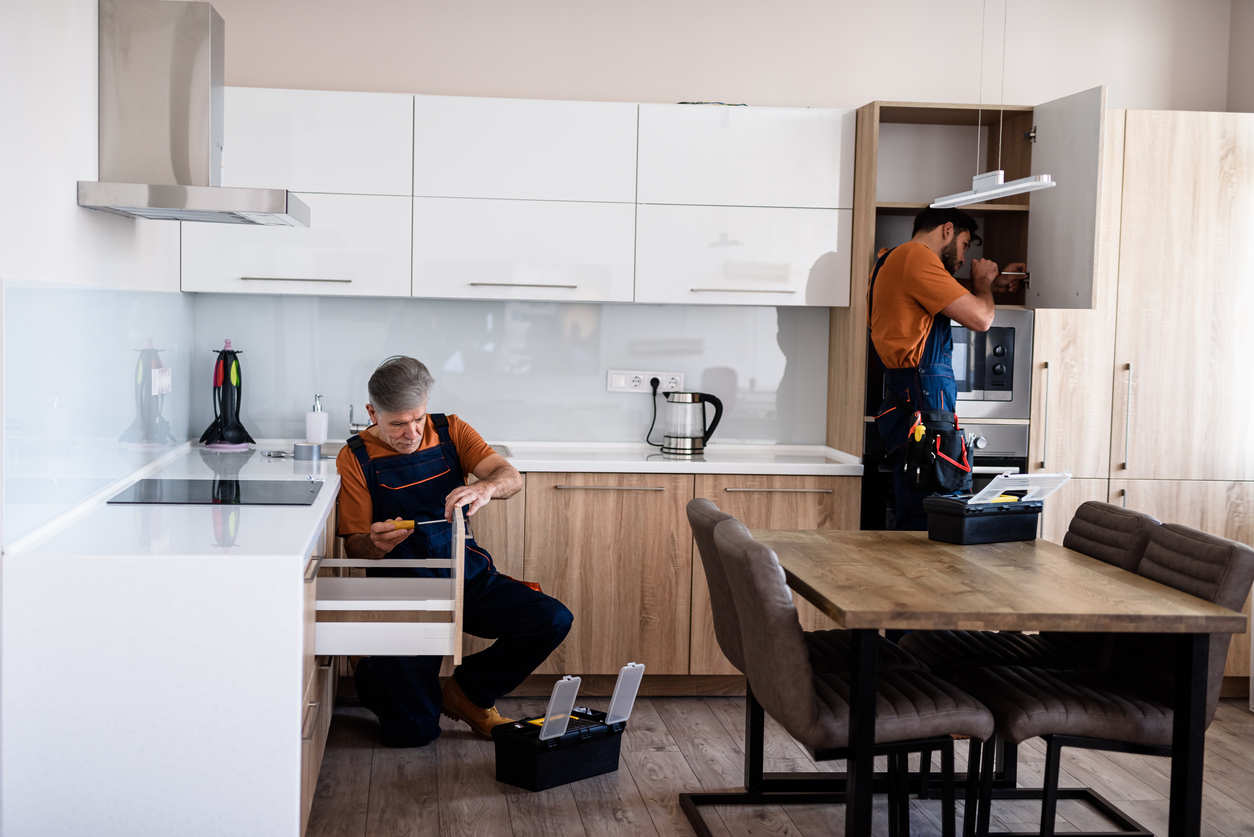



Navigating the transition to adulthood can be challenging for young people, especially those who lack a stable home environment. Supported accommodation offers a safe and structured space for 16-year-olds to gain the skills and confidence needed to live independently. Whether they're leaving foster care, facing homelessness, or in need of extra support, these accommodations provide the stability and resources necessary to thrive.
Supported accommodation is a type of housing designed to provide both a stable living environment and access to personalized support services. It's specifically tailored for vulnerable young people, including:
These accommodations aim to help young people develop essential life skills, receive emotional and practical support, and transition smoothly into adulthood.
Safe and Secure Environment
Supported accommodations offer a safe, supervised setting where young people can feel secure. Staff members are available to provide guidance and assistance while allowing residents to have a level of independence.
Personalized Support Plans
Each young person receives a tailored support plan designed to meet their specific needs. This may include help with education, mental health, life skills, and preparing for independent living.
24/7 Access to Trained Staff
On-site or on-call support workers are available to provide guidance on issues like budgeting, cooking, self-care, and conflict resolution. This ensures that young people have access to help whenever they need it.
Life Skills Development
The goal is to prepare young residents for a successful transition to independent living. This includes training in budgeting, cooking, job searching, managing appointments, and understanding tenancy agreements.
Educational and Employment Support
Staff assist residents in continuing their education, accessing vocational training, or securing employment. This helps ensure that young people have the tools they need to build a stable future.
Supported accommodation is designed for young people facing a range of challenges:
Care Leavers (Aged 16-17): Young people transitioning out of foster care or residential homes often need additional support as they adapt to living on their own.
Youth Facing Homelessness: For teens who have been made homeless or are at risk, supported accommodation provides stability, preventing them from becoming entrenched in cycles of homelessness.
Young People with Special Needs: Those with mental health challenges or learning disabilities benefit from a supportive environment where they can develop skills at their own pace.
At-Risk Teens: Young people fleeing unsafe home environments or dealing with trauma may find the support and security they need to rebuild their lives.
Contact Local Authorities
Get a Referral from a Social Worker
Social workers can provide referrals to supported housing providers, especially for young people leaving the foster care system.
Charities and Non-Profit Organizations
Organizations like Centrepoint, Barnardo’s, and The Children’s Society specialize in providing housing and support for vulnerable young people.
Direct Contact with Supported Housing Providers
Some supported accommodation providers allow families or social workers to contact them directly. Fraser Bond works with various providers to connect young people with the right accommodation.
Provides Stability and Security
A safe living environment reduces stress and allows young people to focus on personal growth, education, and future planning.
Develops Independence
Residents are encouraged to take responsibility for their daily routines, such as budgeting, cooking, and managing their own space, fostering a sense of independence.
Emotional and Mental Health Support
Access to trained staff, counselors, and therapeutic resources helps young residents manage their mental health and build resilience.
Prepares for the Future
With support in education, employment, and life skills, young people are better equipped to move on to fully independent living.
How long can a young person stay in supported accommodation?
The length of stay varies based on individual needs and progress. Many programs offer flexible arrangements, allowing residents to stay until they turn 18 or longer if needed.
Is there a cost associated with supported accommodation?
In most cases, rent is covered by housing benefits or the local council, especially if the young person is still in education or unemployed. However, small contributions may be required for utilities or personal expenses.
What kind of support is provided in these accommodations?
Support varies but typically includes assistance with education, employment, life skills, mental health, and access to healthcare services.
Can young people in supported accommodation have visitors?
Rules regarding visitors may vary by property. It’s best to check the specific guidelines of each accommodation to understand their policies.
At Fraser Bond, we work closely with local councils, non-profits, and housing providers to ensure young people find the supported accommodation they need. Here’s how we can assist: